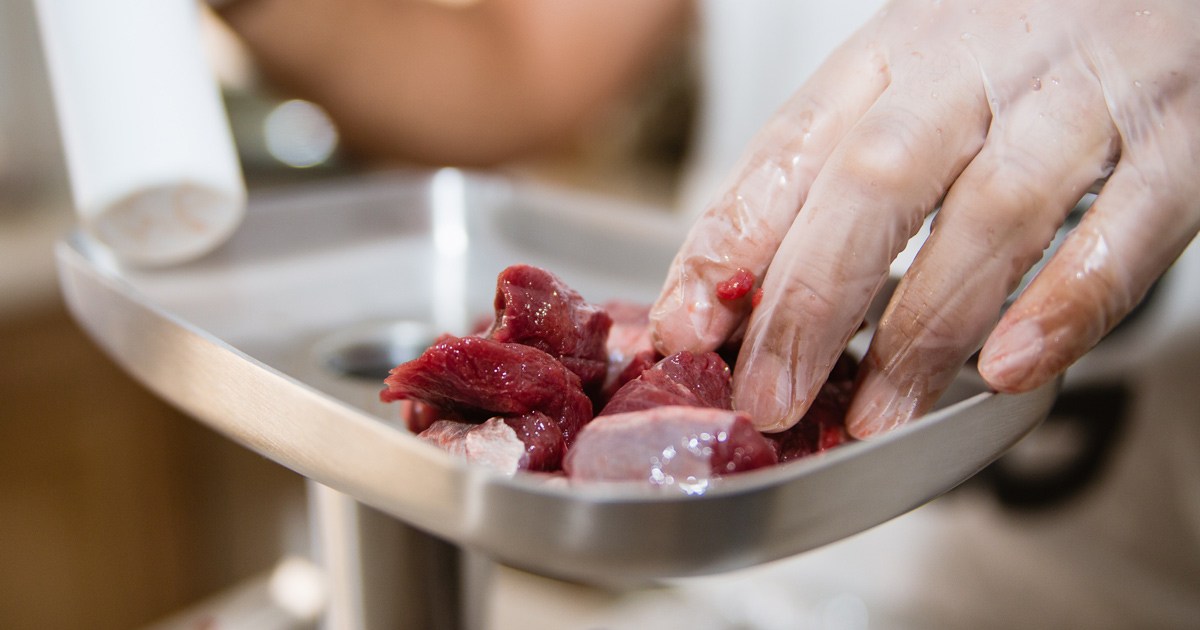Risk Factors And Complications Of Trichinosis
Eating Wild Or Otherwise Non-Commercial Meat

As may be evident at this point, eating wild or otherwise non-commercial meat is another major cause of this condition. While strict regulations have drastically reduced the number of trichinosis cases caused by commercially prepared meats, noncommercial meat is not subject to any of these safety standards. In particular, noncommercial animals raised on domestic farms are heavily linked to trichinosis, and this risk increases if the animals have had contact with the carcasses of wild animals. In addition, types of wild meat such as horse, walrus, and bear meats still pose an increased risk of infection with Trichinella. Experts suggest bear, wild boar, horse, and walrus meat should not be eaten. Similarly, to prevent trichinosis in animals, individuals who own livestock should not feed undercooked meat, scraps, or animal carcasses to their livestock.
Learn more about the risk factors and complications connected to trichinosis now.